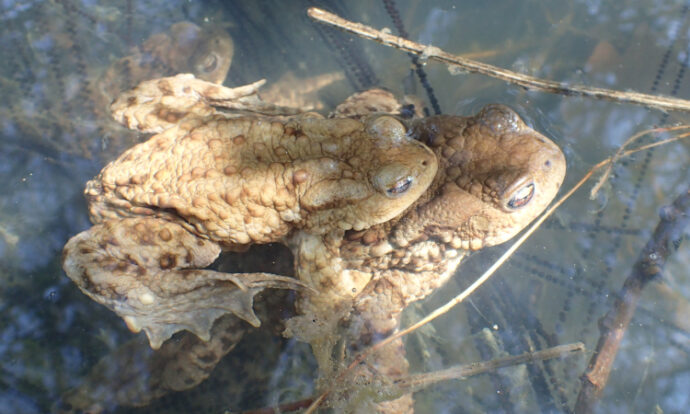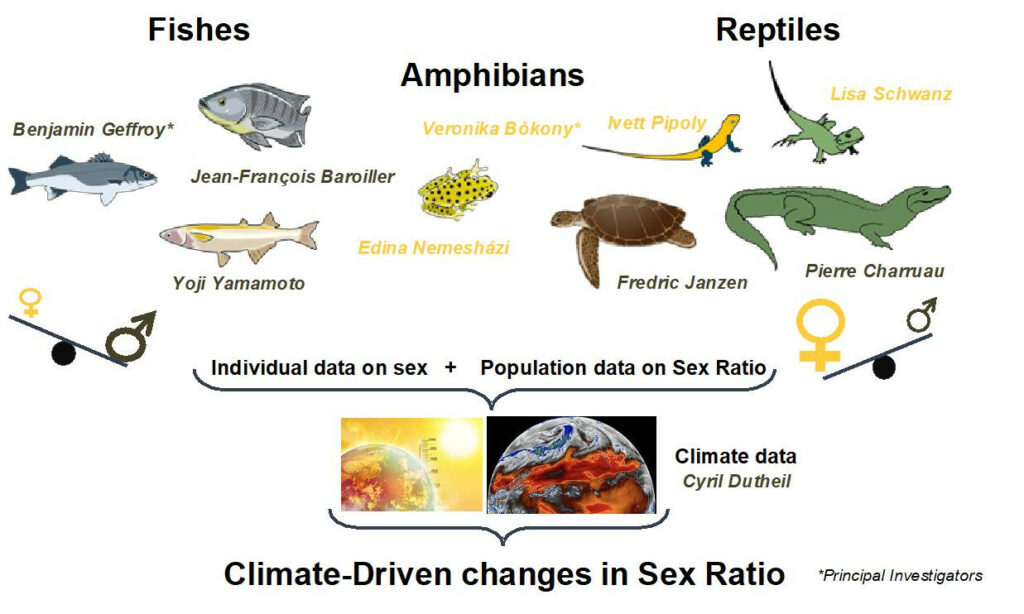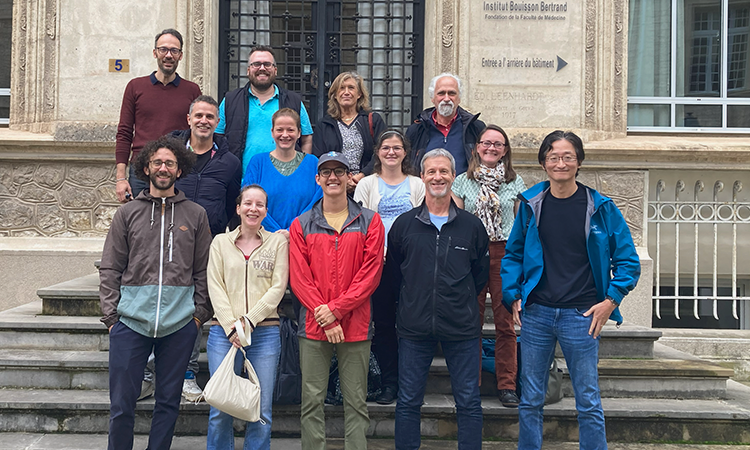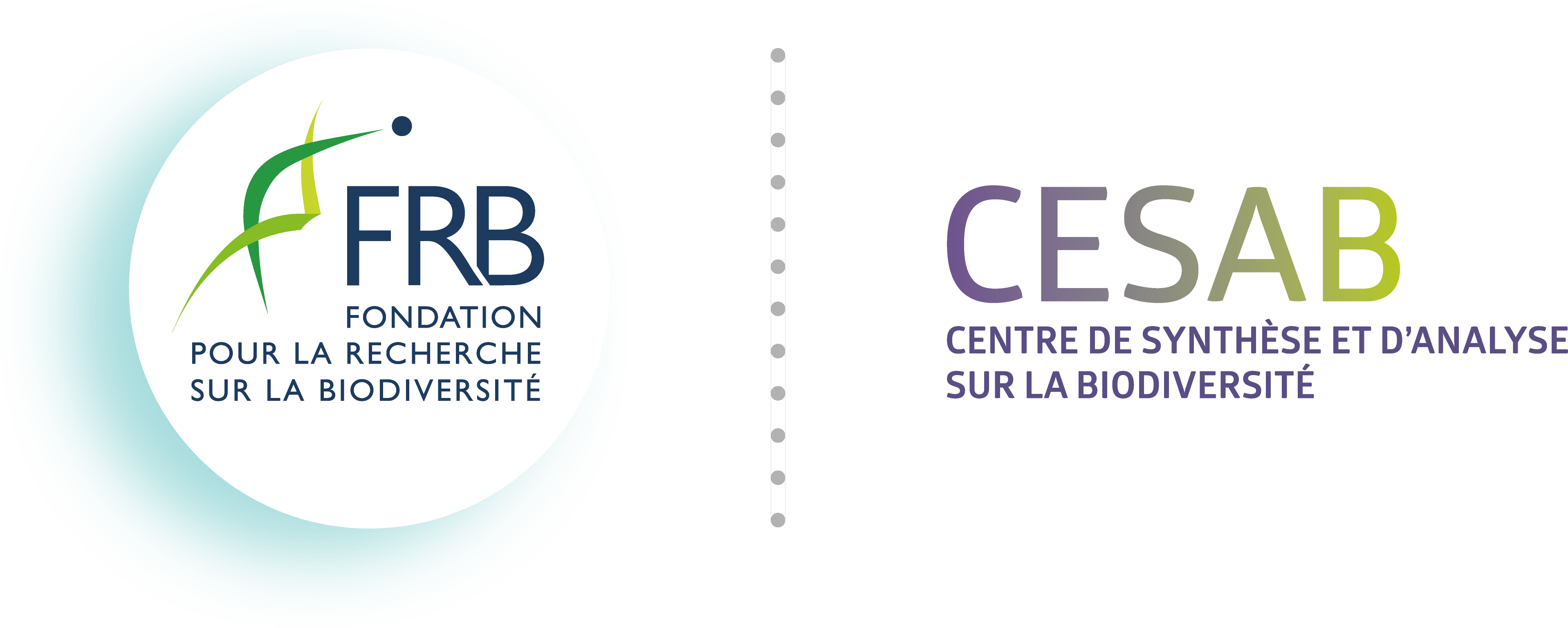FARSEX
Fish, Amphibian, and Reptile Sex Ratios under climate change scenarios
 © Benjamin Geffroy
© Benjamin Geffroy Rapid environmental change is the major challenge that most biota must confront in the near future. Ectotherm animals might be particularly at risk since temperature affects the sex of various species of fish, amphibians and reptiles. In some instances, this is known to translate into changes in the adult sex ratio (ASR).
As a network of ecologists, physiologists and computer scientists working together, we will build a dataset at the global scale by assembling, harmonizing, and distributing published and unpublished data on the ASR of ectotherms belonging to teleost fishes, amphibians, crocodiles, turtles, and squamate reptiles, complemented by a wide range of metadata – methodological and environmental information (mainly temperature).

More precisely, the dataset will provide a common scheme for merging georeferenced observations of populations for which we have information on 1) ASR in the wild, 2) sex-reversal of individuals in the wild and 3) sex-determination system of the species. All this information will be placed, and later studied, in a climate change context.

The FARSEX group at their first workshop at the CESAB in October 2024.

Principal investigators:
Veronika BOKONY – Plant Protection Institute, HUN-REN Centre for Agricultural Research (HU)
Benjamin GEFFROY – Ifremer, Marbec, University of Montpellier (FR)
FARSEX gathers specialists in sexual determinism in all ectothermic vertebrates: fish, reptiles and amphibians
FARSEX was selected from the 2023 datashare call for proposals. The project selection process was carried out by a committee of independent experts.